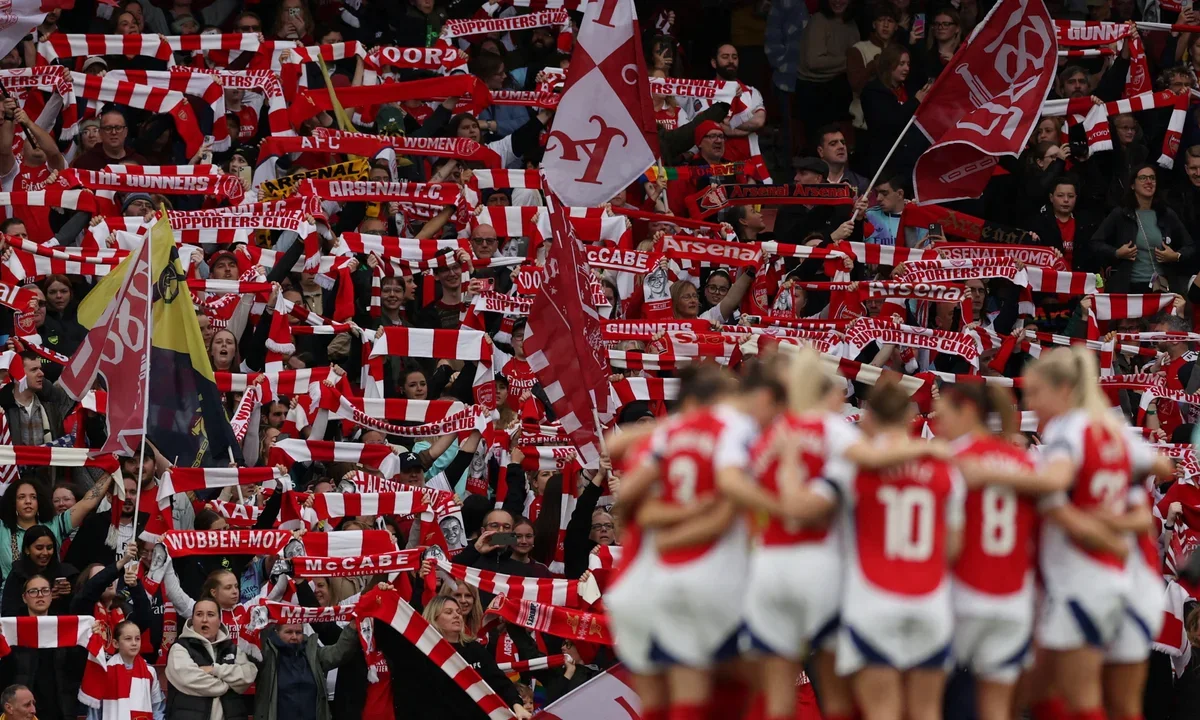Arsenal Women are switching up the matchday ritual. This season, instead of players doing post-match laps of autographs and selfies, the club is trialling structured meet-and-greets via ballot. The initiative, open to season-ticket holders and bundle buyers, reflects both the skyrocketing demand around the Women’s Super League and the logistical reality of hosting all domestic games at the Emirates Stadium.
📊 Supporting Stats
Arsenal Women averaged 52,029 fans per WSL home game in 23/24, smashing attendance records and dwarfing typical men’s Premier League gate figures for clubs like Bournemouth and Luton (Statista, 2024).
Across the league, WSL attendances rose 186% year-on-year last season (FA report, 2024).
Chelsea, who already scrapped post-match signings in 23/24, cited crowd control and player welfare as key drivers - echoing Arsenal’s rationale.
🧠 Decision: Will It Work?
Yes - strategically, this is a smart move. The women’s game is in rapid transition: what worked when crowds were 3,000 strong simply doesn’t scale to 50,000. Controlled meet-and-greets protect players from burnout while still giving fans intimacy and access, keeping engagement purposeful rather than chaotic. The ballot system creates scarcity - adding perceived value - while rewarding core fans (season ticket and bundle buyers).
The risk? Accessibility. Casual fans who only attend the occasional match may feel shut out. There’s also the danger of meet-and-greets feeling too corporate if the spontaneity is lost. But if executed with warmth and fairness, this model balances growth with connection.
📌 Key Takeouts
What happened: Arsenal Women introduced ballot-based meet-and-greets to replace post-match signings.
Why it matters: WSL attendances have exploded, making old models of fan interaction unmanageable.
What works: Structured access protects player welfare, ensures safety, and adds exclusivity for loyal fans.
What won’t: Risk of alienating more casual supporters or losing the organic magic of spontaneous moments.
Signal for the future: As the women’s game professionalises, clubs are adopting fan engagement models closer to men’s elite football - but with added emphasis on community and controlled intimacy.
🔮 What We Can Expect Next
Expect more WSL clubs to adopt structured fan access models - ballots, paid experiences, members-only events - as crowds scale up. What began as organic post-match traditions will evolve into curated touchpoints. The challenge will be ensuring these don’t feel transactional. The women’s game still trades on authenticity; losing that would be a cultural own goal.
